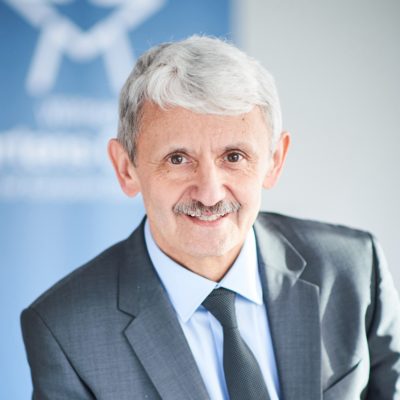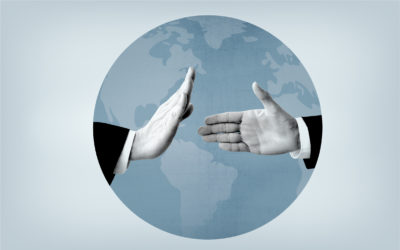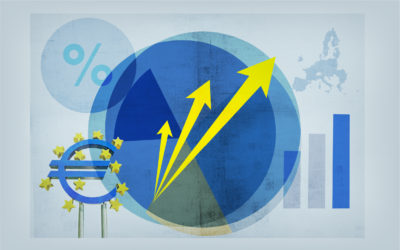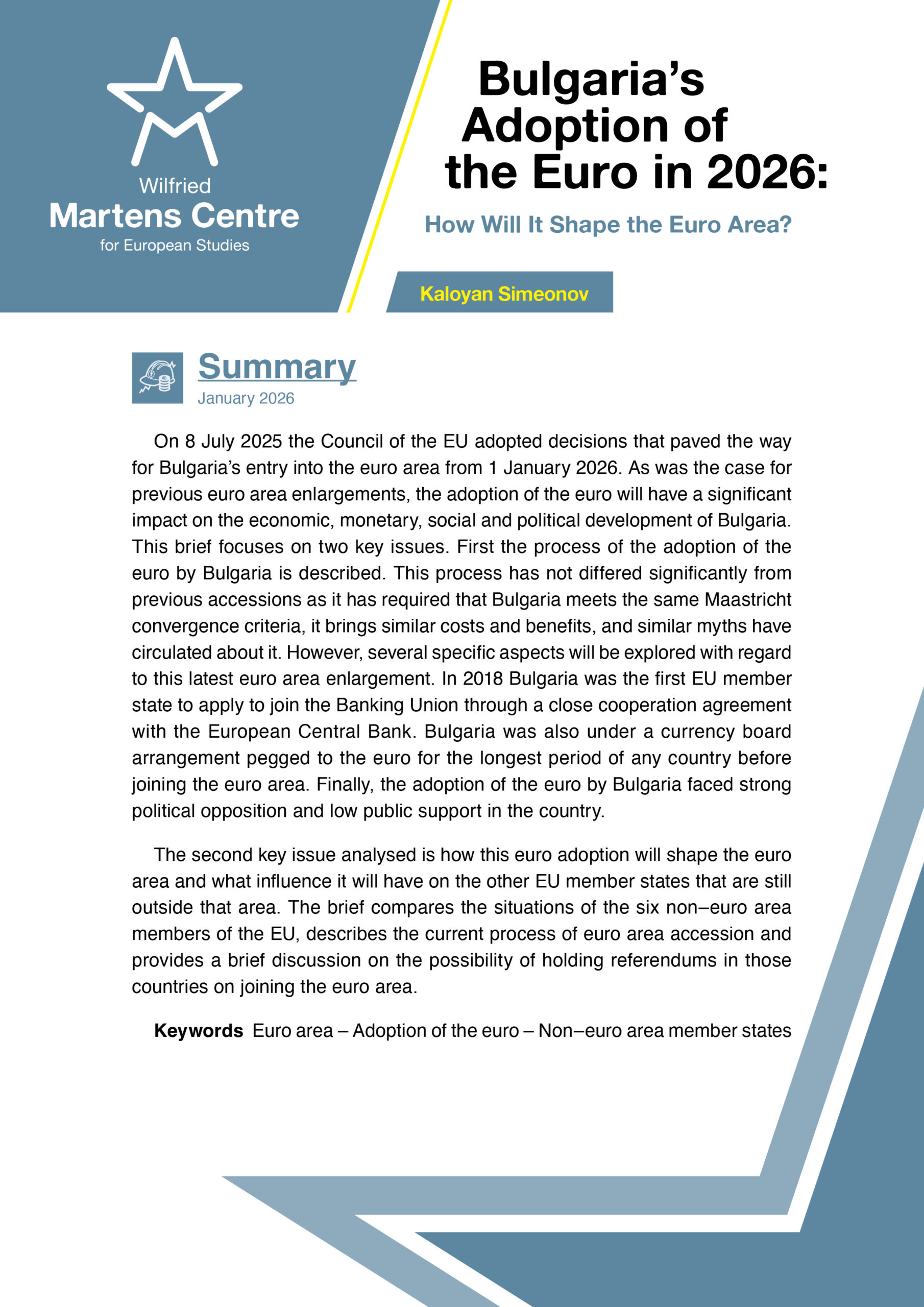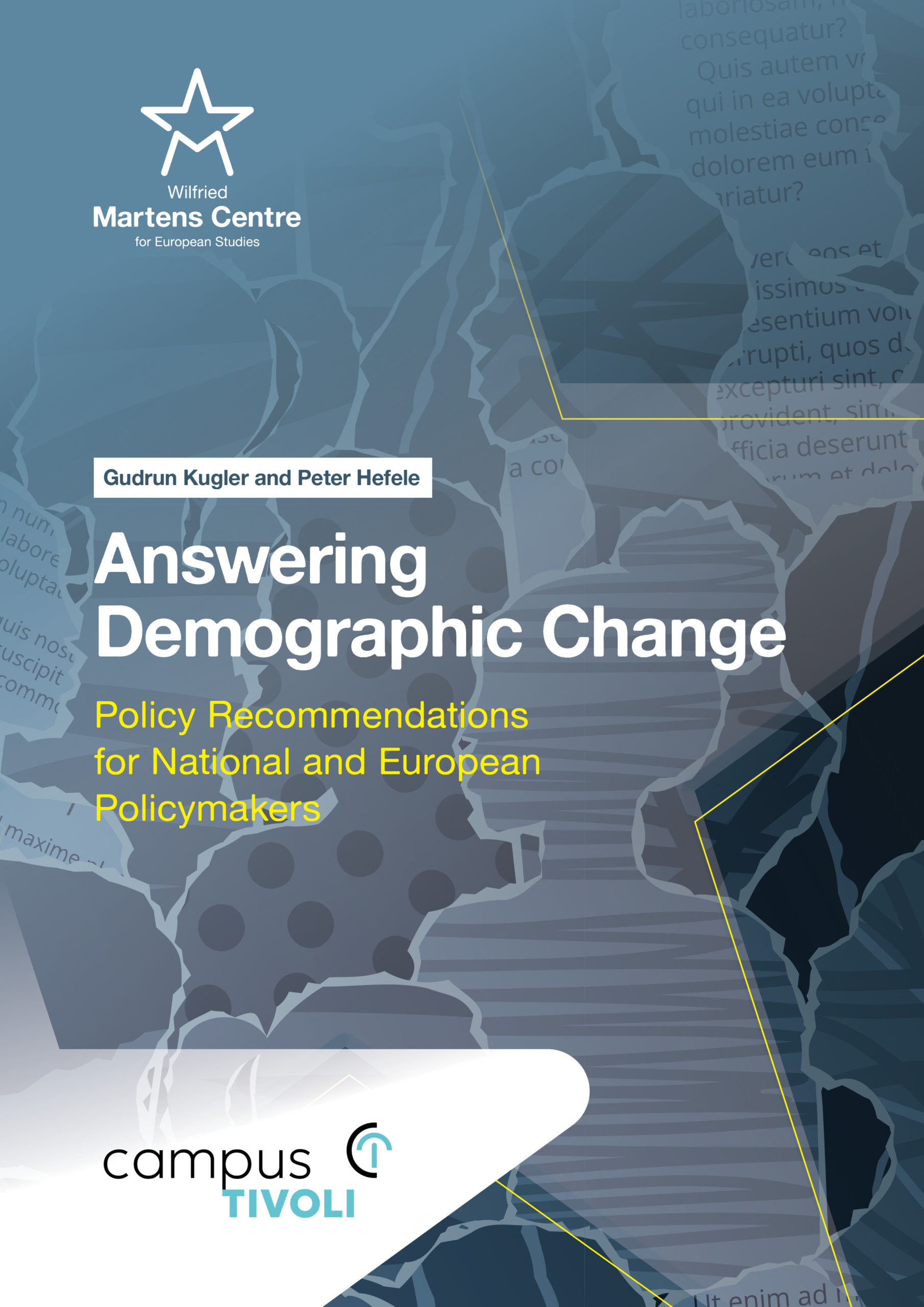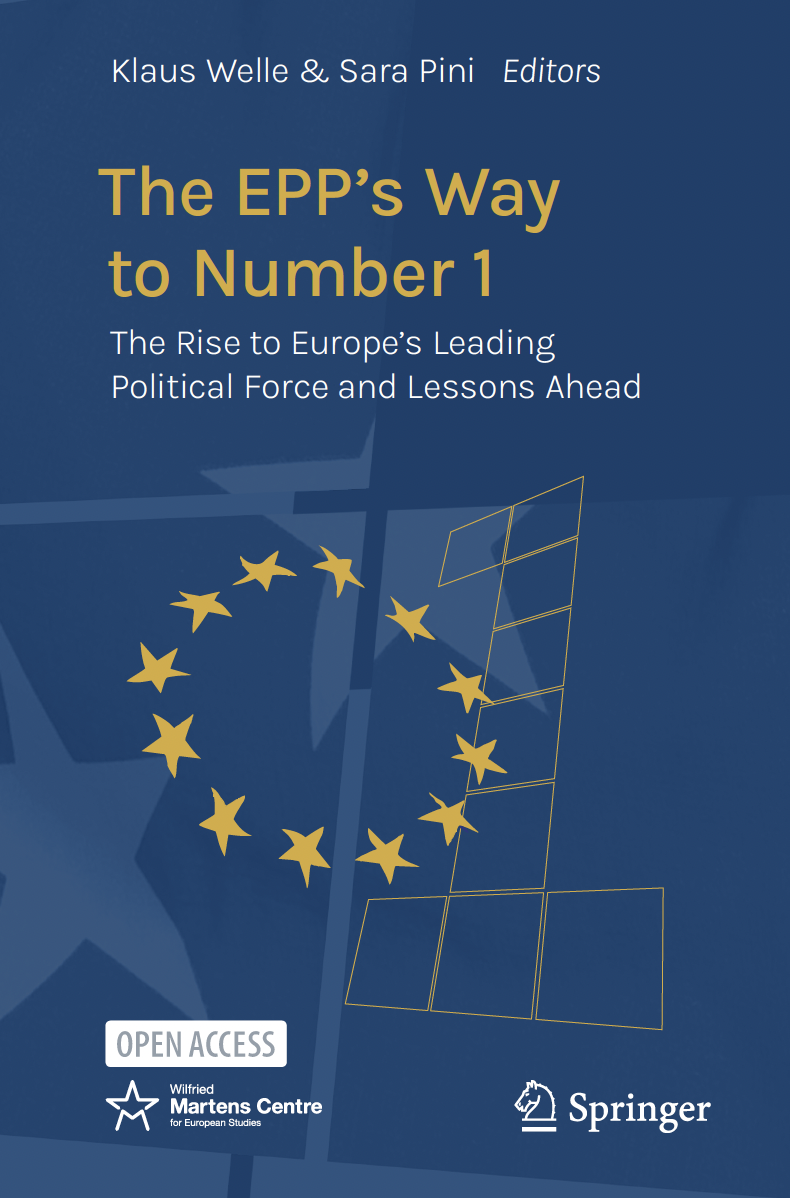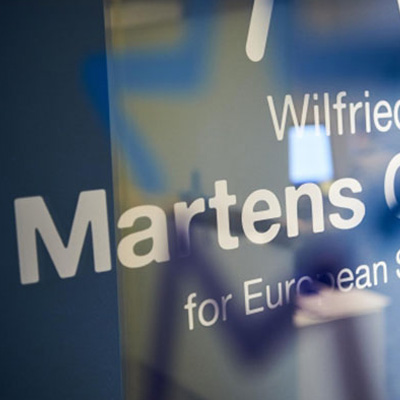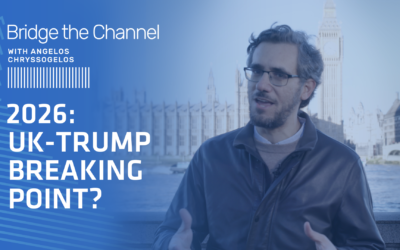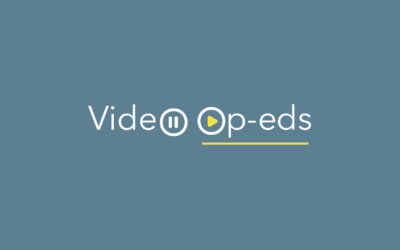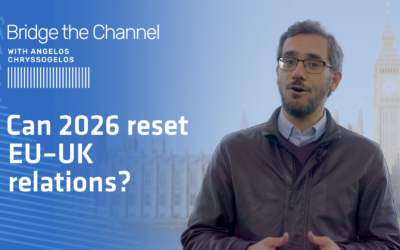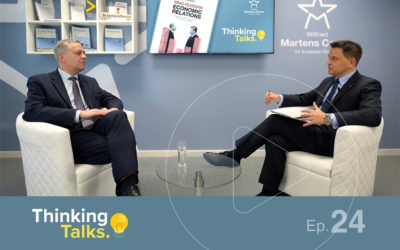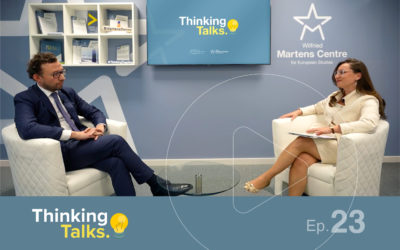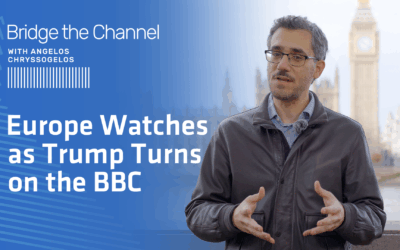The Velvet Revolution at 28: from euphoria to responsibility
20 November 2017
Last Friday, the Czechs and the Slovaks commemorated the fall of Communist totalitarianism and the advent of a new era of freedom and democracy. We reflect on the events of November 17th and ask ourselves: was it all worth it? Are we living the life we imagined? Some go further and question whether we are really better off than we were under totalitarianism.
While these questions may be disconcerting, we should not be afraid of asking them. Instead, we should worry about our unwillingness to address them. Why is it that the post-November development often leaves a bad taste in our mouths? Why is it that we sometimes experience disappointment, or even fear and regret?
One of the reasons is that we have not yet met the expectations of 28 years ago. Euphoria over the fall of totalitarianism coupled with our lack of experience with the free world meant we were ill-prepared for the obstacles that needed to be overcome in order to integrate ourselves into this new reality.
Another reason for this frustration is the turbulence that the free world itself has experienced over the last quarter of a century. This turbulence has forced us to re-think many of the things we took for granted about the Free World. That the 2008 Economic and Financial Crisis had its origins in the USA is significant.
For decades, the US had stood as a symbol of freedom, civil liberties and prosperity for the freedom-loving people behind the Iron Curtain. Central to this was the belief that the President of the United States stood as the natural leader of the democratic world. Today we are confronted with the reality that this may no longer be the case.
We wanted the world to be open to us, and for borders to become a thing of the past. But massive waves of migration and numerous terrorist attacks are leading people to demand that borders be closed once more and new fences be built. Throughout its existence, the EU has expanded and its membership has grown. Now, as we are faced with the exit of the United Kingdom we must acknowledge that this too is no longer guaranteed.
How do we find our bearings in this maze of tumultuous, often unforeseen, developments? In the past, we had a clear idea: to free ourselves from totalitarianism and plan our economy we joined the OECD, NATO and the EU. The goal was clear, and so was the way. Today, when we are facing truly unprecedented challenges, when unrest and instability are so present in our European neighborhood, we seem to be losing our bearings. Today the goal is not as clear.
Last week, I had a peculiar experience. I got lost on my way to a conference I was due to open. After walking in the wrong direction for close to an hour, it transpired that I had inadvertently inserted the wrong hotel name into my smartphone. I believe my experience helps me to articulate an essential point: the reasons for our dissatisfaction and frustration are usually our own failures and mistakes. It is not the essence of the free world. We feel frustration because, although we cherish freedom, we are avoiding its unshakeable cost – accountability.
We are yet to grasp that the EU is not “them” while Slovakia is “us”. “Us” now includes the EU and NATO. The government is engaged in a war of words with the opposition over whether or not we should be part of the core of the EU. However, neither side has said that it is also up to us: the Slovaks, the Czechs, the Poles, and the Hungarians to proactively shape such a core.
In the aftermath of the 2006 General Election, a prominent Slovak political writer stated that “even the losers have a right to their government”. No doubt they do. However, the winners must be aware of their responsibility if they leave the governance to the losers. As liberal-minded people, we must be aware that freedom is inseparable from responsibility and the readiness to assume that responsibility is what we collectively strive for.
Globalisation, the fourth industrial revolution, and the proliferation of social media has expanded the space of our freedoms, but equally it has enhanced the degree of our responsibilities. Unfortunately, the space of these new freedoms can be misused; for instance, by spreading misinformation or by committing cyberattacks.
There is no doubt that the world has changed since November 17th 1989. There is no doubt that it will continue to change in the future. But neither is there any doubt that the best answer to both present and future challenges will be our ability and readiness to safeguard our freedoms, and to assume responsibility. Responsibility for what we stand for and for our decisions.
This is true for us as individuals, this is true for Slovakia, and also for the EU. It is also true for regional cooperation, for the Visegrad Group. Regional groupings can only play a positive role by encouraging inclusive dialogue rather than pursuing individual interests or generating imagined conflicts.
ENJOYING THIS CONTENT?


